- By Áine Kelly
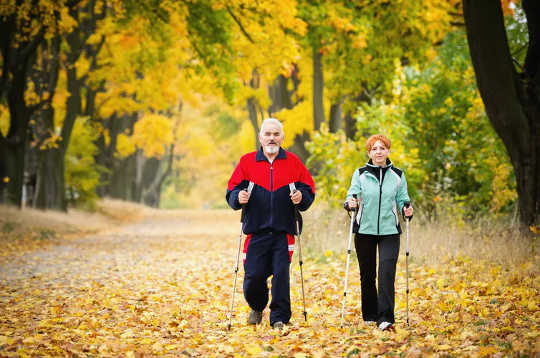
Regular exercise changes the structure of our bodies’ tissues in obvious ways, such as reducing the size of fat stores and increasing muscle mass.

Ten decibels more daytime neighborhood noise is associated with 36% higher odds of mild cognitive impairment and 30% higher odds of Alzheimer’s disease, according to a new study.
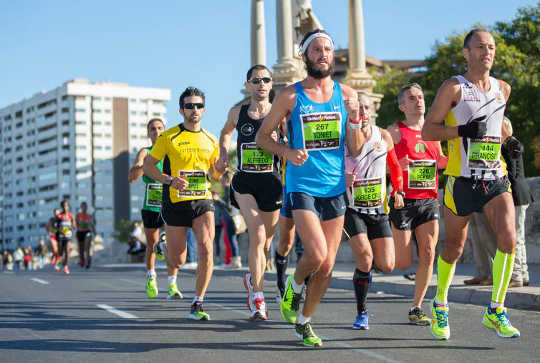
There’s plenty of evidence showing how important nutrition is for exercise, from aiding performance to enhancing recovery.
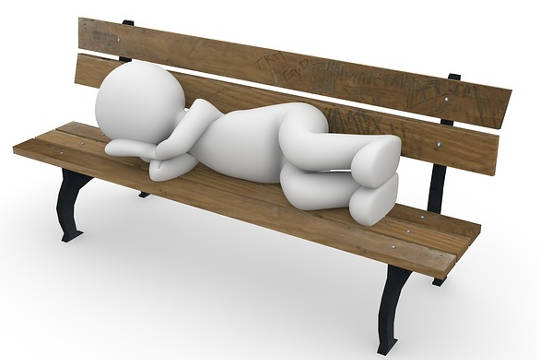
When we feel lethargic, we naturally seek to address the situation. Unfortunately we are not always aware of the true causes for this fatigue. We think maybe it’s caused by low blood sugar so we eat sugar, but the lack of...
A New Data-driven Model Shows That Wearing Masks Saves Lives – And The Earlier You Start, The Better
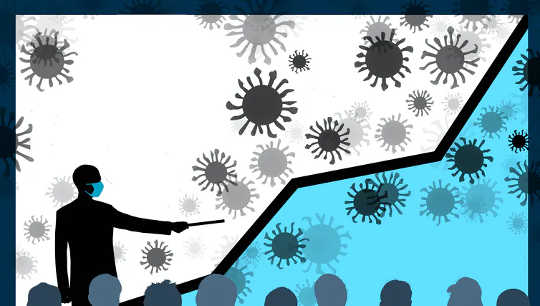
Dr. Biplav Srivastava, professor of computer science at the University of South Carolina, and his team have developed a data-driven tool that helps demonstrate the effect of wearing masks on COVID-19 cases and deaths.
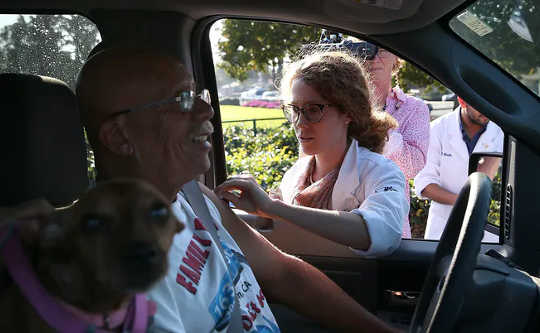
Misunderstandings about flu vaccines have existed for decades, leading to vaccine mistrust and lower-than-ideal vaccination rates.
The Importance of Vitamin D: Over 80% Of Patients Hospitalised With COVID-19 Are Vitamin D Deficient

Over 80% of patients hospitalised with COVID-19 are vitamin D deficient compared with the general population.
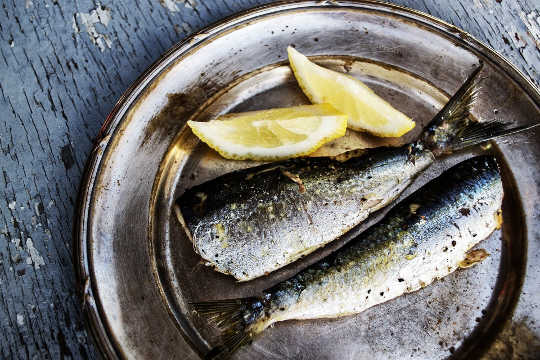
Eating fish can provide powerful advantages for the heart and brain, yet Americans eat less than half of the 26 pounds per year that experts recommend. By contrast, Americans buy seven times more chicken and beef annually than fish.
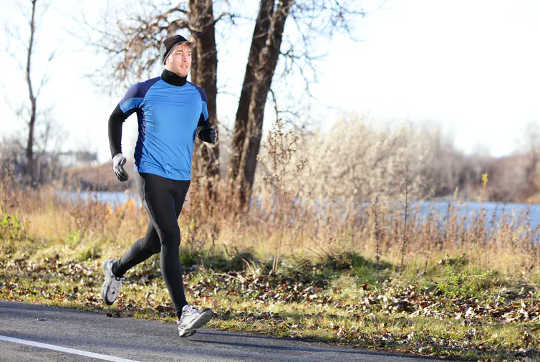
As winter descends on the northern hemisphere and the temperature drops and daylight hours shorten, many people may want to spend more time indoors.
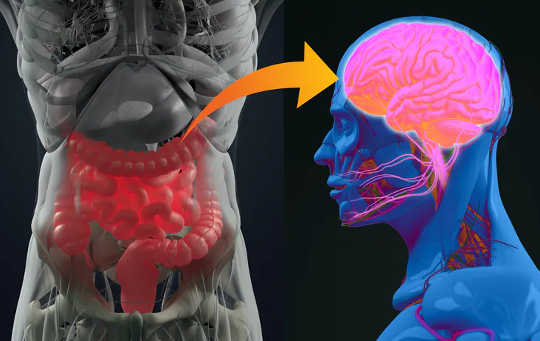
Within our body and on our skin, trillions of bacteria and viruses exist as part of complex ecosystems called microbiomes. One of the most important microbiomes in our body is our gut microbiome. It helps us maintain overall wellbeing by helping us to absorb all the vitamins and minerals from the food we eat.
- By Simon Bratt
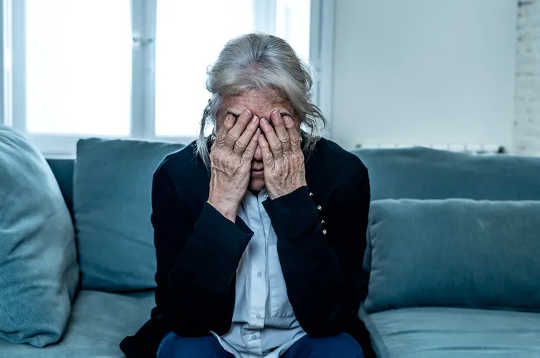
For many people, using a substance can be the way they cope – or mask mental health difficulties. Asking them to stop using drugs or alcohol means taking away their coping strategy and without immediate support it’s likely that person will return to using substances to cope with psychological distress.

Smoking is the most common cause of chronic obstructive pulmonary disease, an often fatal respiratory condition that afflicts millions of Americans. But for many patients living with COPD, stopping smoking isn’t the end of the battle.
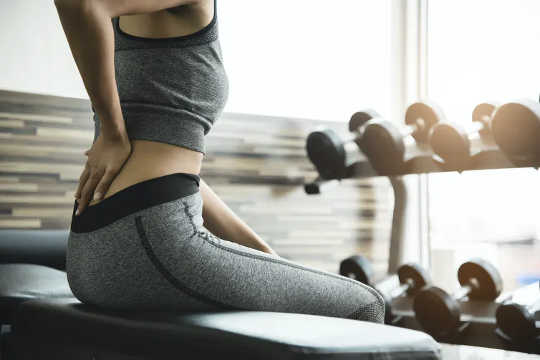
To the joy of many, indoor gyms have reopened. However, before we pick up the dumbbells once again, we might need to be cautious.
- By Sarah Pitt
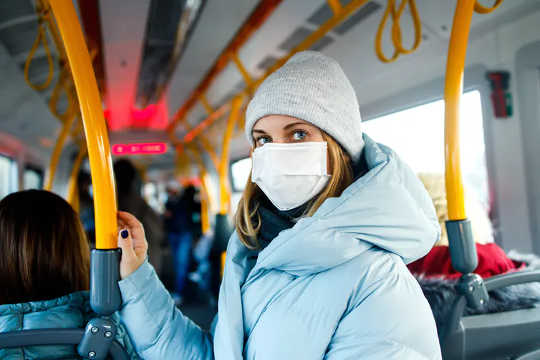
Many countries ended their full lockdowns at the start of the summer, but it wasn’t until the autumn that most places began to see a significant increase in the spread of the virus again.

Two doses of the psychedelic substance psilocybin, given with supportive psychotherapy, produced rapid and large reductions in depressive symptoms in a small study of adults with major depression, researchers report.
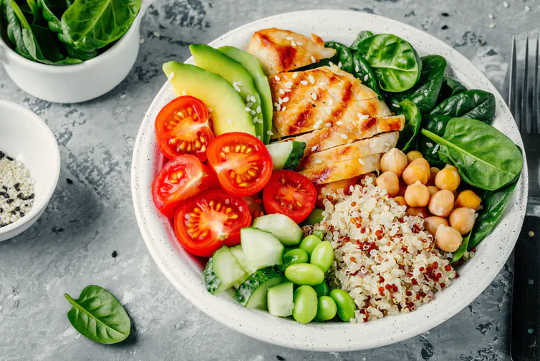
It’s well known that a healthy diet can help reduce disease risks that are related to overweight or obesity – such as some cancers, cardiovascular disease and diabetes.
- By Duncan Banks
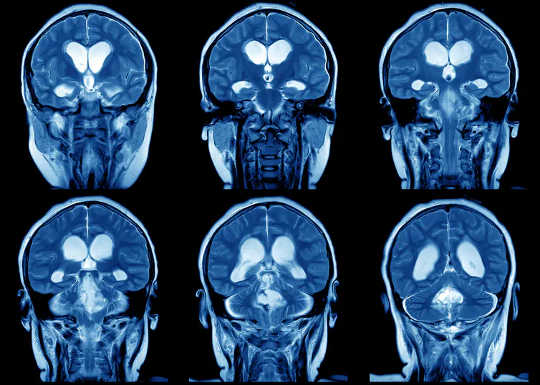
Neuroplasticity – or brain plasticity – is the ability of the brain to modify its connections or re-wire itself. Without this ability, any brain, not just the human brain, would be unable to develop from infancy through to adulthood or recover from brain injury.
- By Alexis Brink

Maybe you already know a bit about the simple and effective form of energy medicine named the Art of Jin Shin. Though the practice has many thousands of adherents all around the world and many men, women, and children who have been helped by Jin Shin in its birthplace of Japan, Jin Shin Jyutsu has not yet become a household name.
- By Martin Cohen

What’s in a name? For billionaire investors in plant-based food products, potentially a lot of money.
- By Lena Ciric
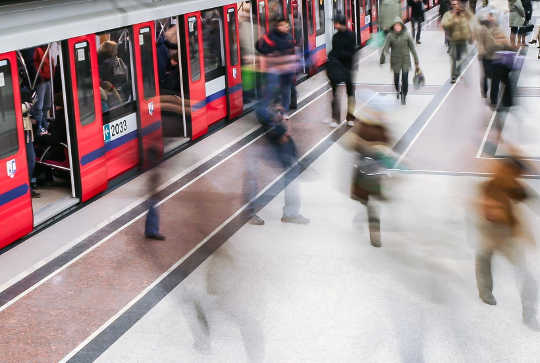
Many of us rely on public transport to get to work, school, and to meet friends and family. But in the time of COVID-19 is it safe to use these vehicles and is there a difference between them?

The other night I was sitting around a fire with a friend, discussing the influence of psychedelics on our lives, when she uttered this statement, “after three years of working with these mushrooms, I love life. I just want to be and do the best I can. All the time. Now. Urgently. For myself, for others, for Earth.”
- By Cate Varney

The COVID-19 pandemic has thrust the obesity epidemic once again into the spotlight, revealing that obesity is no longer a disease that harms just in the long run but one that can have acutely devastating effects.
- By Tim Spector

One of the best ways of containing the spread of COVID-19 is to rapidly identify people infected with the coronavirus and prevent them from passing it to others.














